#socioeconomic politics
Explore tagged Tumblr posts
Text
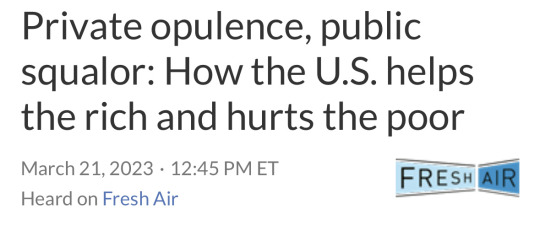
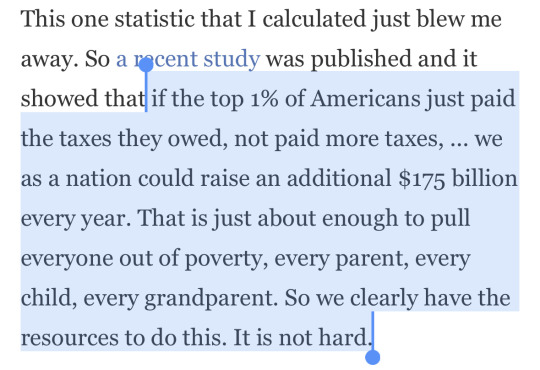
Source
#eat the rich#capitalism#tax the rich#taxes#politics#us politics#income inequality#wealth tax#wealth inequality#socioeconomic inequality#poverty
23K notes
·
View notes
Text
the problem isn't just women and girls losing abortion rights. it's the fact that men and boys still have more political influence. that has consistently spelled bad things for human societies. men and boys are most likely to vote for harmful policies to other human beings and the environment. they are the LEAST connected to and educated on socioeconomic matters (because of their privilege) and have no incentive nor credentials to lead. they don't even understand the problems (if them taking the fraudulent "male loneliness epidemic" seriously is anything to go by) and giving them more political influence is like placing a tripped out toddler in the driver's seat with millions of people more qualified and educated in the backseat.
these men don't know what goes on in their homes, how to run houses, what their children's birthdays are, and you think they'll know what medical aid even looks like? they don't even book their own children's doctor's appointments. they are the LEAST educated on societal infrastructure they don't know ANYTHING about how a society runs or keeps running and you want to give them more political influence/administrative power?!
FUCKIGN DUMB!
482 notes
·
View notes
Text
You know what's funny? The minute people start aiming higher and taking out the powerful and wealthy and "elite", they're going to change the gun laws. Because their goal has always been for us to stay fighting each other instead of looking towards them as the real threat to our life, liberty, and freedom.
#interest#politics#luigi mangione#united healthcare#uhc#gun reform#gun laws#republicans#democrat#democracy#eat the rich#bring back the guillotine#kill the billionaires#sociology#socioeconomic#anthropology#let them eat cake#let them eat lead#for legal reasons this is a joke#hello fbi#fuck you too#fuck the ceos#fuck the system#policy#briana boston#free speech#freedom of speech#right to bear arms#predictions#2024 predictions
389 notes
·
View notes
Text
I'm trying to redirect my political thoughts from my fandom escape blog again, but I found something interesting enough that I thought I'd talk a little about it.
Occasionally I choose suffering (looking at the more granular 2024 exit poll breakdowns rather than the summaries that I mostly don't trust much at this point). Anyway, I did find something intriguing, if not particularly surprising, in the CNN exit polls, which were done in Arizona, Florida, Georgia, Michigan, Nevada, North Carolina, Ohio, Pennsylvania, Texas, and Wisconsin with a sample size of 22,914 voters.
(I mention the specific states forming the sample because this pretty notably excludes any blue states while including some reliably Republican ones.)
Anyway, most exit polls including CNN's let respondents identify their place on the US political spectrum: conservative, moderate, or liberal (reminder that "liberal" in US usage can be a pejorative for "less leftist than me" but also a shorthand for "radical leftist" but also for "anyone who doesn't seek a cishet white Christian ethnostate", but also can be a more neutral synonym for progressives and/or leftists and is often used that way, as here). So you can look at the election results for each of these ideological factions and what share of the overall sample size they represent.
The interesting thing: this "liberal" category accounted for very similar proportions to 2020 of the overall vote in the sample (24% in 2020, 23% in 2024—a difference well within the margin of error of exit polling). There is no need to explain liberals/leftists staying home in 2024: at least in terms of proportions of the overall electorate, they didn't. Just under 1/4 of voters in 2024 were liberals or leftists, just as in 2020.
Okay, if the most leftwards faction of the US political spectrum actually formed a similar proportion of the electorate, then who did they vote for?
Harris. In CNN's own exit polls from 2020, 89% of this faction voted for Biden, and (surprisingly!) a full 10% voted for Trump. God knows what motivated that 10% Trump share after four years of his hellscape of an administration at the height of COVID, but in any case, that support cratered in 2024. 91% of this group voted for Harris and only 4% for Trump. It's an estimate, but it looks like these very peculiar Trump voters had enough of him in 2024 and around half either voted third party this time or for Harris.
So which faction is Trump's victory coming from? Further consolidation of the far right?
In part, yes! 90% of conservatives voted for Trump in 2024, vs 85% in 2020—likely, some conservatives who voted third party or even for Biden in 2020 came "home" this year. However, conservative turnout was actually a little down in 2024, proportionally speaking: conservatives dropped from 38% of the sample in 2020 to 34% in 2024.
But there's one more major faction in all this: "moderates" or centrists. To be clear, we're talking about the US version of centrism, given that this is a US organization polling US voters about US politicians, not "Bernie would be center-right in Denmark" or whatever. This moderate faction jumped from 38% of the overall sample in 2020 to 42% in 2024, and they swung hard towards Trump, though Harris still won a plurality of them. In 2020, 64% of moderates voted for Biden vs 34% for Trump. In 2024, 57% of them voted for Harris vs 40% for Trump—that is, the Democratic lead among centrists dropped precipitously from +30 to +17.
Tl;dr—ideologically speaking, this data suggests that Trump owes his victory to gains among both right-wing and centrist voters rather than some faction of would-be leftists or progressives apathetically staying home or voting third-party or otherwise deserting Democrats (because they're insufficiently radical or for any other reason).
Oh, and if you're curious as to how this compares to CNN's 2016 exit polls, I also checked those! Harris's 84-point lead among the most leftwards faction is a significant improvement from HRC's 74-point lead in 2016. Trump also got 10% of that group in 2016, as in 2020, so it's this campaign—not Hillary's or Biden's—that managed to eat into whatever the hell is going on with that group.
Harris's +17 with moderates is actually a slight improvement on Hillary's +12 in 2016. Biden's jump to a +30 lead among centrists in 2020 represented either a backlash against Trump from centrists, or Biden's own rapport with that group, or some mysterious issue some of those voters had with both HRC and Harris (I wonder what it could be!!), or some combination thereof. Regardless, there are a lot of actual ideologically centrist voters in the USA and not just would-be leftists who haven't heard the good news of Marx yet. And Trump has an iron grip on the right wing at this point: he beat Hillary with conservatives by +65 in 2016, then beat Biden with an even larger margin of +71, then leapt to a 81-point lead over Harris with right-wing voters this year.
#at some point the usa's left (which includes me! to be clear) is going to have engage with the basic reality#that centrists and conservatives really truly exist and vastly outnumber us and genuinely hold socioeconomic beliefs#that are largely antithetical to our own#voters who listed economic concerns as their top priority voted 80-19 for trump#some /are/ persuadable and others will swing against whoever the incumbent is regardless of policy#but fundamentally they don't agree with us. they really truly think republican policies are good for the economy#we need to stop pretending that we're dealing with different and more psychologically comforting problems than we actually have#maybe it's bc i have to endure a lot of centrist nonsense irl that the way a lot of other progressives talk about them frustrates me#but so many refuse to believe that we're not a silent majority. the flat refusal to leave that fantasyland is exhausting tbh#anghraine babbles#long post#cw politics#us american blogging#election night hell 2024#anghraine rants#mostly for the tags
60 notes
·
View notes
Text
the darkling says “fine, make me your villain” because he is. what’s not clicking
#shadow and bone#grishaverse#sab#aleksander morozova#the darkling#pro darkling#sab meta#‘he acts like he isn’t the villain’ like yeah I guess if you want to examine it without any deeper analysis#when the statement itself is actually fascinating to put into a narrative context and analyze the means by which certain steadfast roles#are enacted throughout the books#and the larger implications of character want/desire and leading goal vs world state and perceived morality#largely due to prejudice and war time sentiments#as well as the individual harm caused and the way it’s significance becomes questionable when placed in stark contrast#to the broader political and socioeconomic climate#which doesn’t even take into consideration individual character roles and the doylist analysis of their relative functions as ideas#instead of entire personalities with depth#when you give an idealistic character a goal larger than life with a tactical relevance over a moral one#within a story that also centers around a broader goal of ‘saving the world’ as well as personal trauma#and attempt to liken both to the same moral equivalence and significance#then try to pit them against each other#especially when your narratively condemned villain desires more than anything to protect the masses and be loved for it#showing a fascinating level of genre unawareness. yet displaying a relative awareness to the role he has been unwillingly cast as#because he is both at odds with the genre but not with the general moral tone of the story and it's discordant messages#that rely on the pov of a character that fundamentally cannot understand him#because of his place in the story#and cannot understand the world state#because of her place in the story#you are going to get statements like this#sure yes. he ‘says it like he isn’t the villain’#but come on. we can do better
247 notes
·
View notes
Text





"Braiding Sweetgrass" by Robin Wall Kimmerer (p. 375-377)
#political philosophy#socioeconomics#activism#capitalism#anti capitalism#philosophy#braiding sweetgrass#robin wall kimmerer
13 notes
·
View notes
Text

youtube
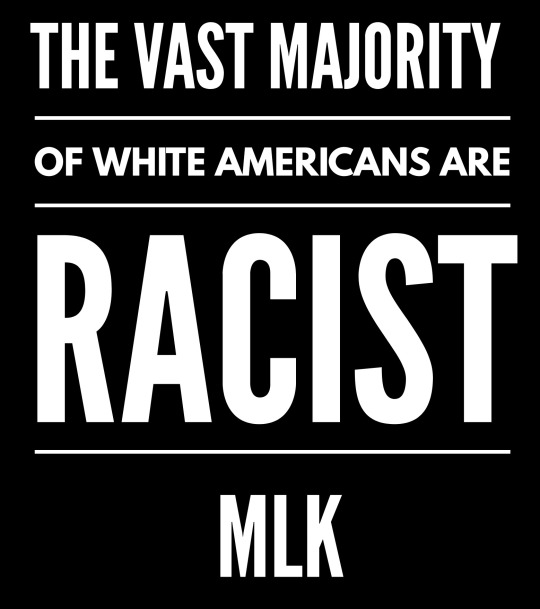
#Youtube#Baton Rouge#Louisiana#St. George#incorporation#racial segregation#white flight#urban planning#community division#socioeconomic disparities#tax revenue#NAACP#education system#local government#racial demographics#social justice#affluent residents#constitutional rights#urban development#racial inequality#social segregation#fiscal impact#community representation#tax allocation#urban governance#local politics#racial tensions#civil rights#socioeconomic divide
20 notes
·
View notes
Text
Feel how u want about it, but idk any shows that depicted contemporary gay culture as honestly as Only Friends
#ofts#only friends the series#the writing of this show was to pure for this world#especially for the BL fandom world#it needs to go down in the queer history books fr#also just casually building in a ton of international socioeconomic political commentary#once in a generation kind of show#only friends#jojo tichakorn#firstkhao#forcebook#neomark
18 notes
·
View notes
Text
btw i’m not just talking about gashey there IS a fic in the works. it was supposed to be 5k and now it’s an outlined longfic you know how it is

#rie talks#the haunted visage of a broken soul etc etc BORING let’s move onto the part where they talk about socioeconomic politics in bed#and that’s the last of my gasheyposting for today ok i promise im not gonna be too crazy. because i love you guys#gashey#band of brothers
12 notes
·
View notes
Note
Hey I saw your tags under that tiktok of the person explaining the future of a trans kid going no-contact with their bigot dad, and you were wondering about unconditional love when someone takes on an actively harmful worldview like nazism.
I don’t know that real love is truly unconditional and I don’t know that it aught to be. Respect is a big component of love, and it goes both ways. As an extreme example: if you love someone but they continually harm you and show zero remorse for it, even after being told, that’s an abusive relationship and I think the only rational choice (for self-preservation) is to cut them out of your life… Can you do that and still love them? Maybe, but I don’t know; what would that even look like? (Of course it’s a little different and more complicated if the person acting badly is a dependent 👀.)
It sounds like someone in your life is heading down a dark path, but if they turned onto that path, they can turn off it too. People generally become problematic because of deep-seated fears/insecurities. I hope someone can help that person sort through their shit and see the light.
I wish you the best of luck.
hello! thank you so much for sending in this ask, this has given me a lot to think about.... (on top of. a Lot of other stuff lol but)
i'm having a lot of doubts about my own beliefs at the moment, following a confrontation that happened with an old friendgroup of mine. a lot of things that i felt previously sure in feel a lot more shaky now.
I'm not sure who to blame. I know there's probably no need to blame someone, but i feel like there Is and i feel like this post is too vague for anyone else to be able to weigh in their opinion but.
I have a deep desire to please others and that makes a lot of my beliefs very dependent on what others are saying about it. Very malleable. I am not immune to propaganda.
anyways all this goes to say that i hope i can sort this all out. I don't know if im of enough knowledge to be able to explain to my friends my perspective. I am pretty young in the grand scheme of things i think, and i just want to be doing the right thing.
i guess a lot of this comes from the. moral purity that is sort of expected in online leftist spaces. A lot of stuff happened during covid and. I don't really know.
those are my thoughts, then. i just hope that i can sort this all out. thank you
#yowls n such#whatgoesthroughmyhead#munnspeaks#munchy socioeconomic political character development timeline
3 notes
·
View notes
Text

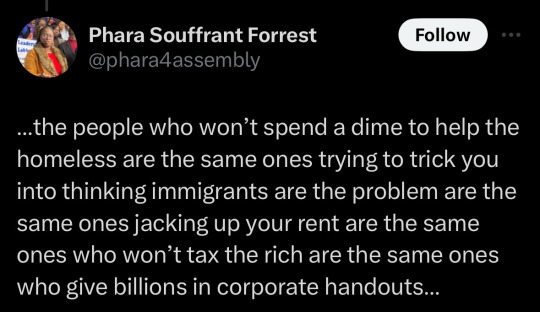
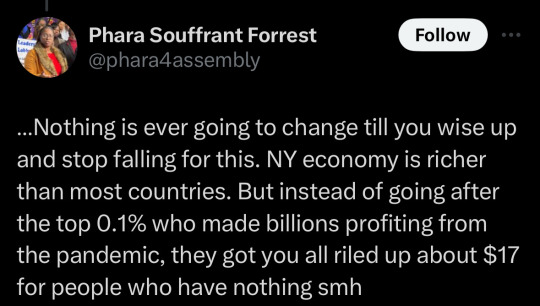

Source
#politics#us politics#government#socioeconomic inequality#the left#progressive#twitter post#current events#news#eat the rich#tax the rich#immigrants#immigration#capitalism
3K notes
·
View notes
Text
Deny, Delay, Defend
Whistleblower Exposes Health Insurers' Most Evil Scheme
youtube
This explains the insurance companies terms "Deny, Delay, Defend"
MUST WATCH. THIS IS WHY PEOPLE ARE SO MAD.
#deny defend depose#politics#health insurance#healthcare#medical#interest#sociology#socioeconomic#anthropology#important#united healthcare#brian thompson#luigi mangione#briana boston#brianna boston#fuck the system#fuck the ceos#kill the billionaires#bring back the guillotine#eat the rich#health#scam#for legal reasons this is a joke#fuck em all#fuck em up#video#research#reference#revolt#revolution
24 notes
·
View notes
Text
Scientists outline a bold solution to climate change, biodiversity loss, social injustice
#science#government#ecology#socioeconomic#sociology#climate change#climate crisis#earth#late stage capitalism#capitalism#anti capitalism#anti work#humanity#humans#homo sapiens#scientists#small steps#politics#us politics#world events#world politics
9 notes
·
View notes
Text
My swag cannot be replicated I've been carefully curating my vibe since I was 10 years old when I would stare out into the valley and think it's so desolate and beautiful.
#the american gothic is political warfare#its so much more than an aesthetic to me- it is the socioeconomic conditions that create that rotting house youre so fond of#years of conceptualizing my home resides behind my lens and writing#and thats why my vibe is untouchable likeeee#try harder :PPPP#personal
2 notes
·
View notes
Text
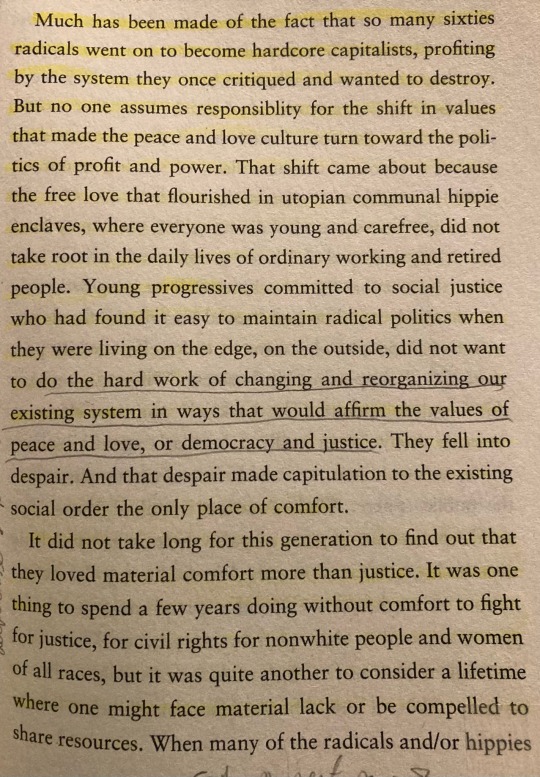
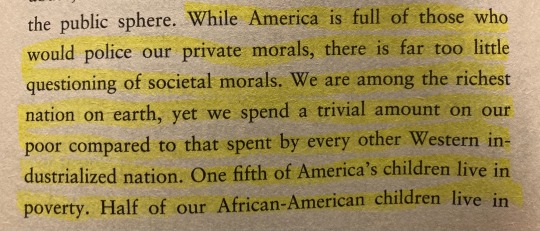
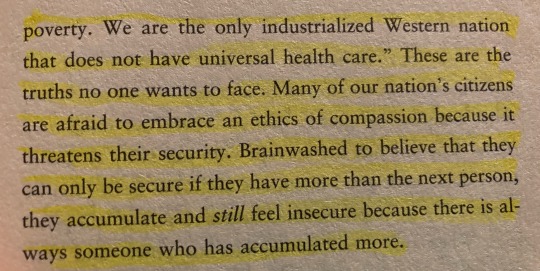
“All About Love” by bell hooks, p. 122 - 123
116 notes
·
View notes
Text
When a rocket explodes a kid into a million pieces please turn to the camera and say "good!". And then I need you to take a cleaver and go kill another kid yourself. I need you to target a random person in a random house and hack them to pieces. You can't ask them if they're the right ethnicity, or if they have the right political opinions, or if they have the means to move elsewhere. You need to go in there and kill them and then you can keep on cheering from the sidelines at anybody else who gets killed. You have the moral highground, it's okay - they were physically in a place where it's cool to kill anybody you find.
#please please unfollow me and block me if you think 'good!'#these rockets are unguided#they fall right back down#they can hit a town or home of any god damn ethnicity or socioeconomic caste or political alignment you like#but if you're having fun do keep on cheering from the sidelines#never question it#just never ever interact with me please and thank you#i/p
2 notes
·
View notes